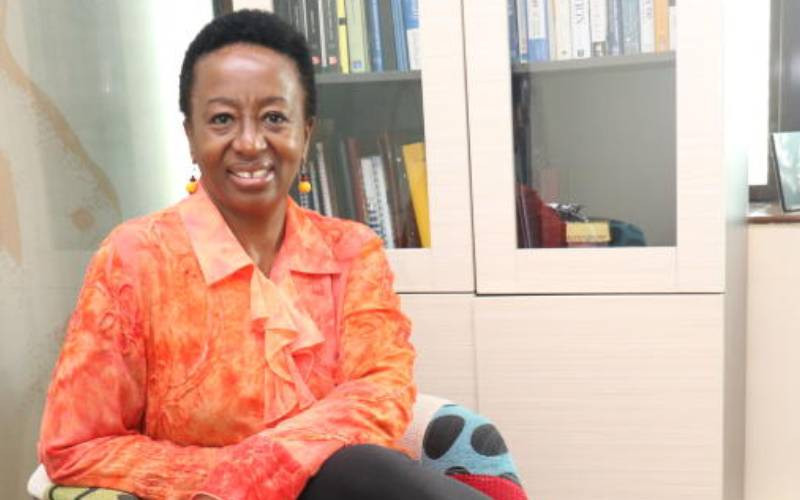×
The Standard e-Paper
Kenya’s Boldest Voice

It is no secret that doing business as a woman is challenging. Access to credit without collateral is also a major setback.
In 2015, 61.8 per cent of women-owned businesses were unlicensed, and about 80 per cent of women were concentrated in informal trading. This is according to a 2020 economic report on creating an enabling environment for inclusive growth in Kenya.